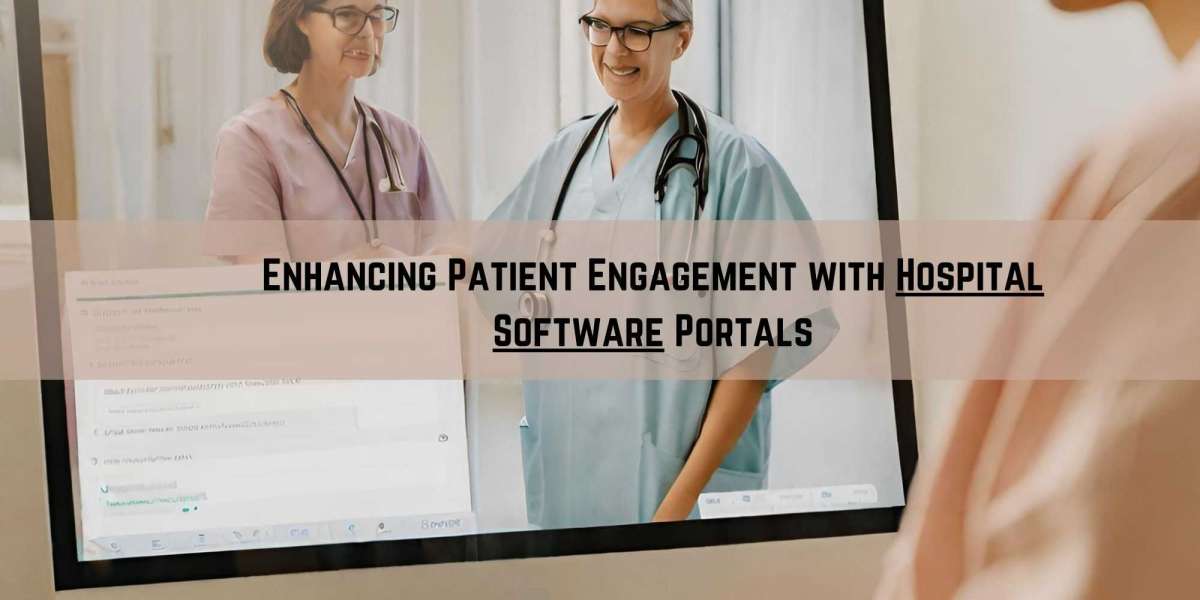In today's healthcare landscape, patient engagement is a crucial aspect of delivering high-quality care and achieving positive health outcomes. Hospital software portals play a pivotal role in enhancing patient engagement by providing individuals with convenient access to their health information, communication tools, and interactive features. Let's explore how hospital software portals are transforming patient engagement and improving the overall healthcare experience.
Access to Personal Health Information:
Hospital software portals serve as centralized platforms where patients can access their personal health information anytime, anywhere. From medical records and test results to medication lists and appointment schedules, these portals provide patients with a comprehensive view of their health status and treatment plans. Empowered with access to their health data, patients can take a more active role in managing their health and making informed decisions about their care.Secure communication channels:
Hospital software portals facilitate secure communication between patients and healthcare providers, enabling individuals to engage in meaningful conversations and seek clarification on their health concerns. Through secure messaging features, patients can communicate with their providers, ask questions, request prescription refills, and discuss treatment options without the need for face-to-face appointments. This enhances communication, fosters trust, and strengthens the patient-provider relationship.Appointment Management and Reminders:
Efficient appointment scheduling is essential for ensuring timely access to care and improving patient satisfaction. Hospital software portals allow patients to schedule, reschedule, or cancel appointments conveniently online. Automated appointment reminders via email or SMS help patients stay informed about upcoming visits, reducing the likelihood of missed appointments and enhancing continuity of care. By empowering patients to manage their appointments, hospital software portals promote engagement and encourage proactive healthcare-seeking behaviors.Educational Resources and Self-Care Tools:
Hospital software portals offer access to a wealth of educational resources and self-care tools that empower patients to take charge of their health and well-being. From articles and videos on managing chronic conditions to interactive self-assessment tools and health trackers, these resources equip patients with the knowledge and tools they need to make informed lifestyle choices, monitor their health metrics, and manage their conditions more effectively between clinical visits.Feedback and satisfaction surveys:
Hospital software portals enable healthcare organizations to solicit feedback from patients about their care experiences and satisfaction with services. Through online surveys and feedback forms, patients can share their opinions, suggestions, and concerns, providing valuable insights that inform quality improvement initiatives and drive patient-centered care. By actively involving patients in the feedback process, hospital software portals foster a culture of transparency, accountability, and continuous improvement within healthcare organizations.
In conclusion, hospital software portals play a vital role in enhancing patient engagement and improving the overall healthcare experience. By providing patients with access to their health information, secure communication channels, appointment management tools, educational resources, and feedback mechanisms, these portals empower individuals to take an active role in their care journey. Embracing hospital software portals is essential for healthcare organizations committed to delivering patient-centered care and fostering meaningful engagement with patients in today's digital age.








